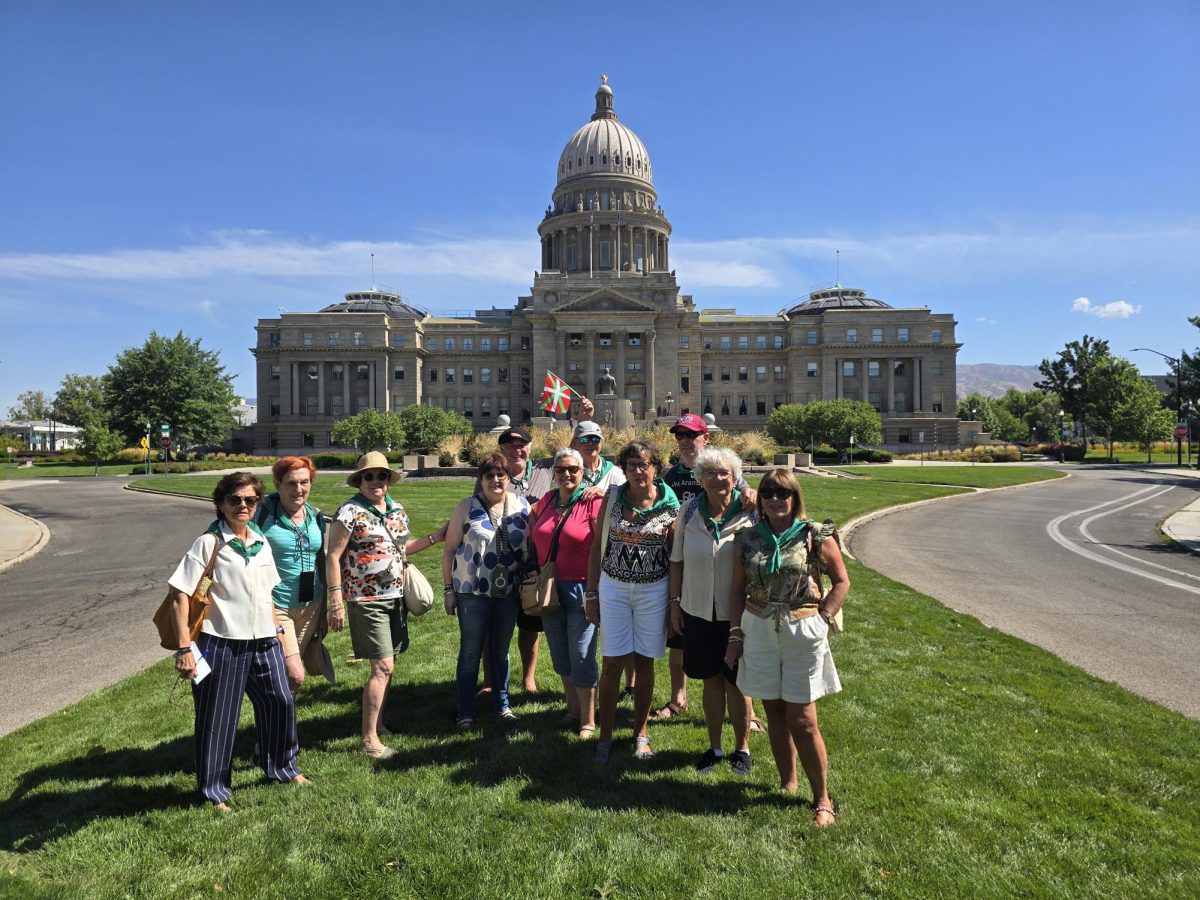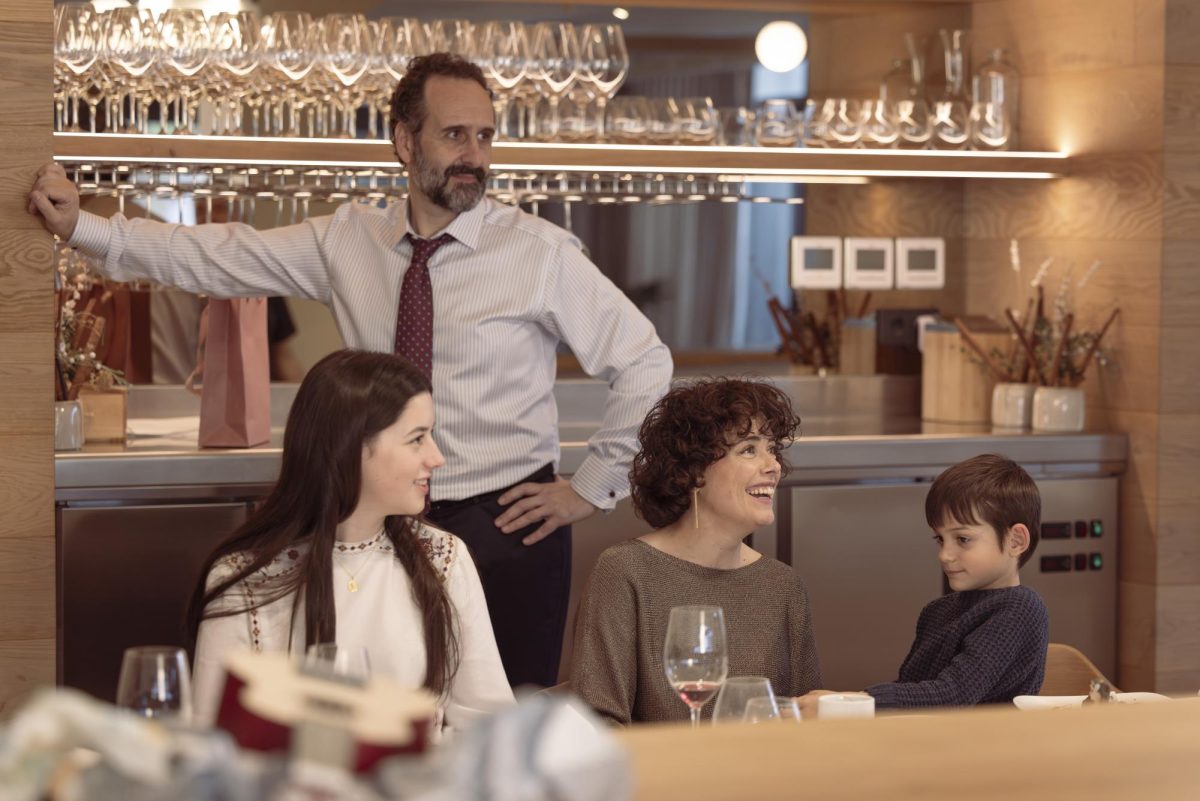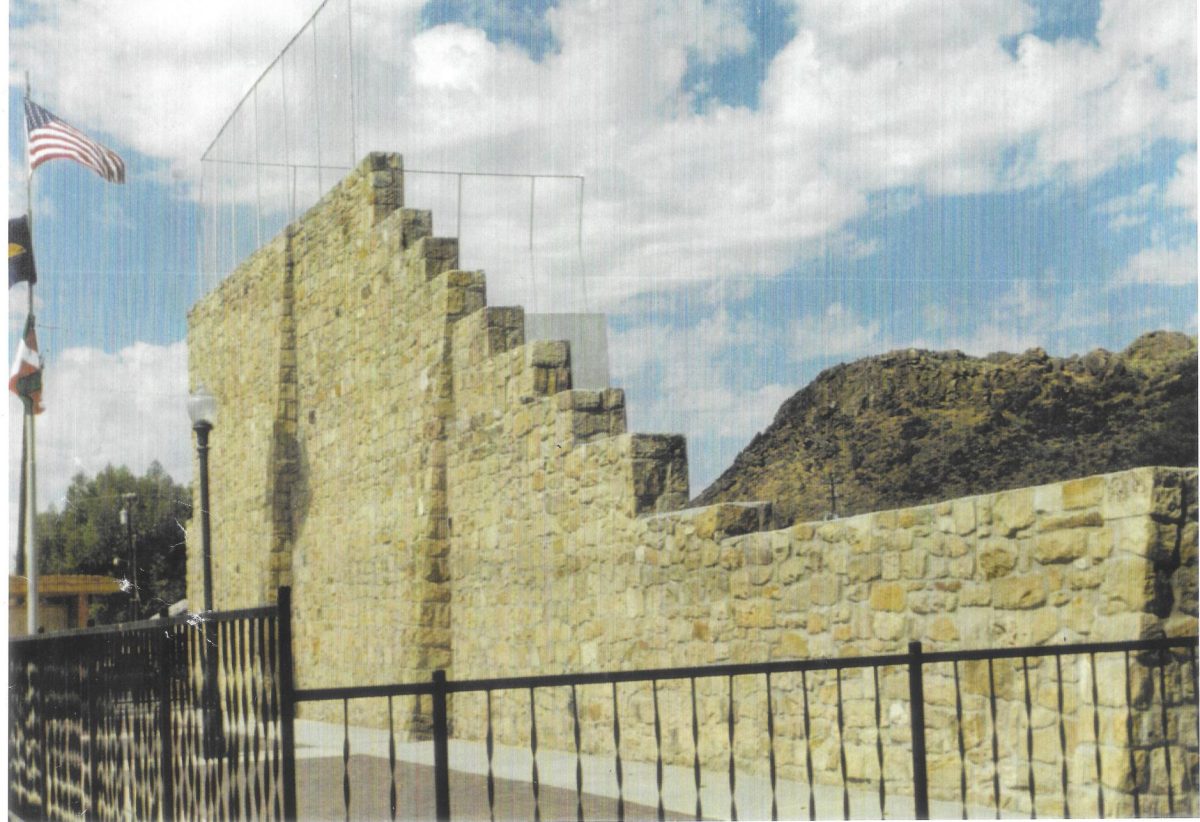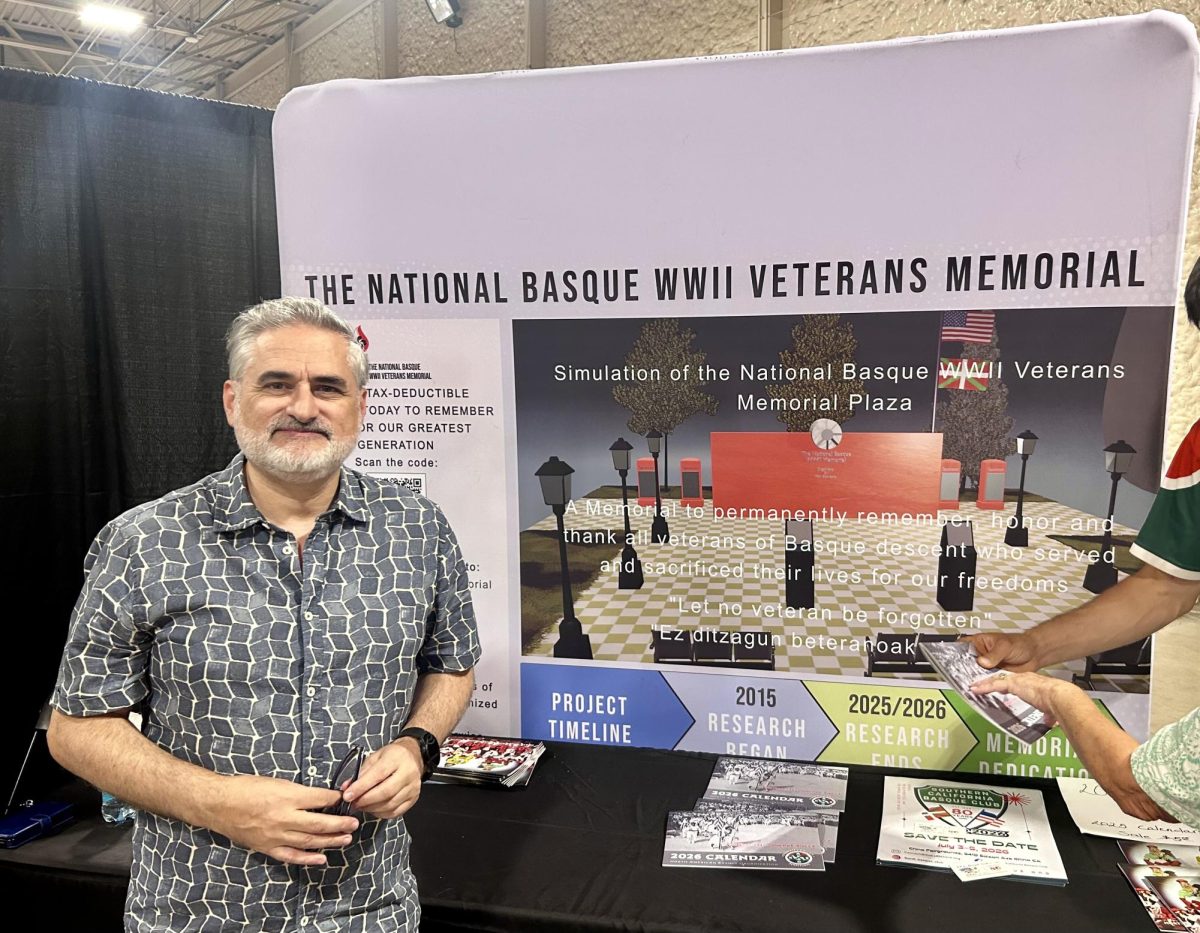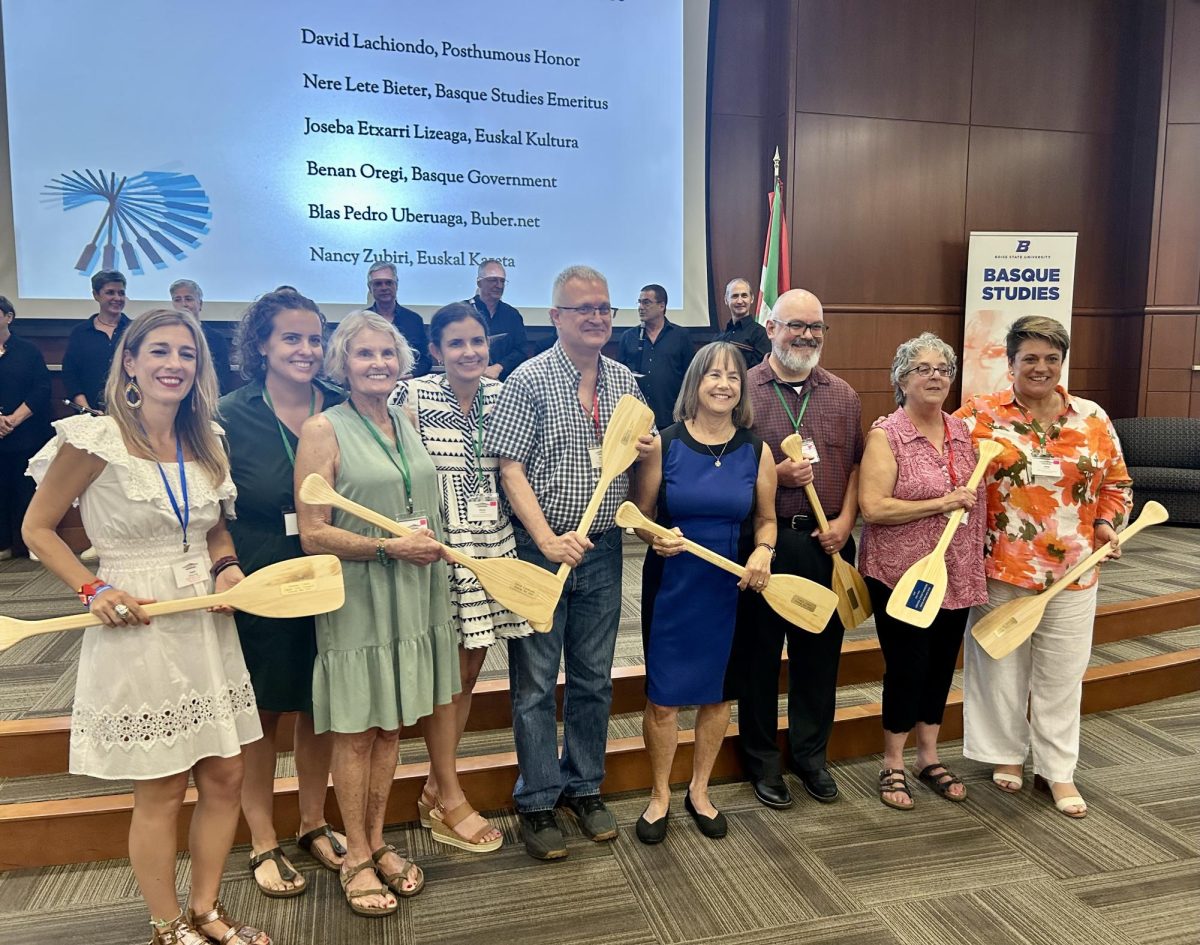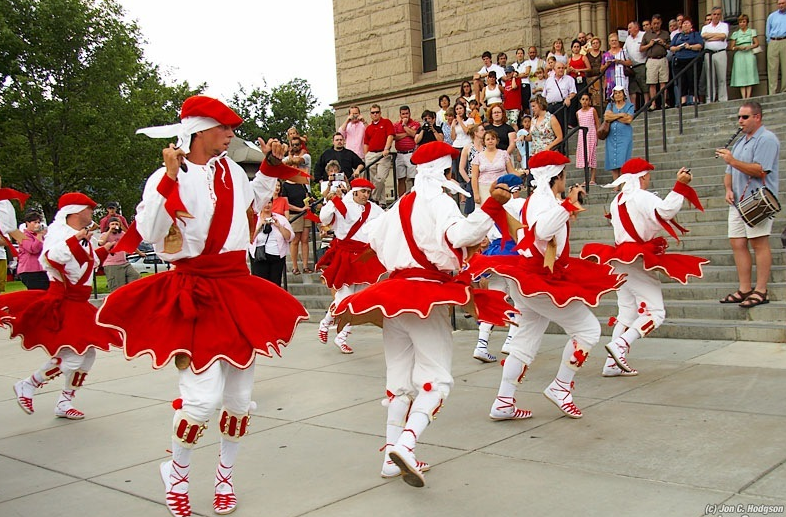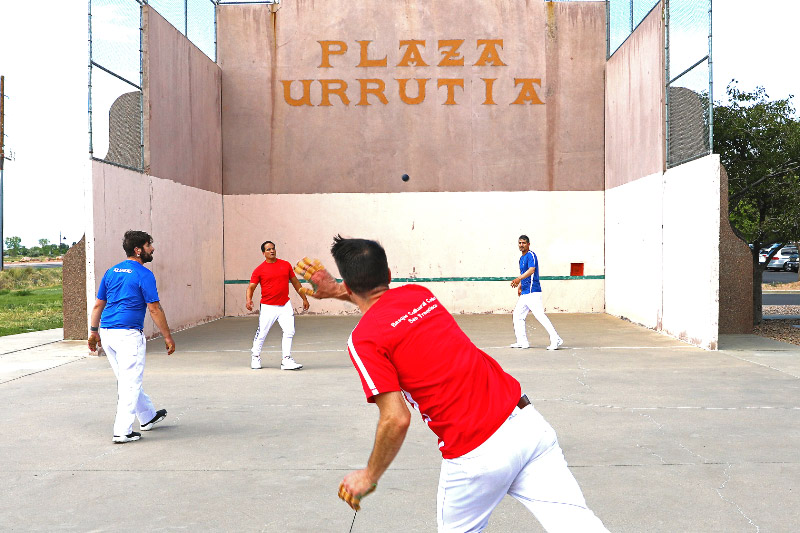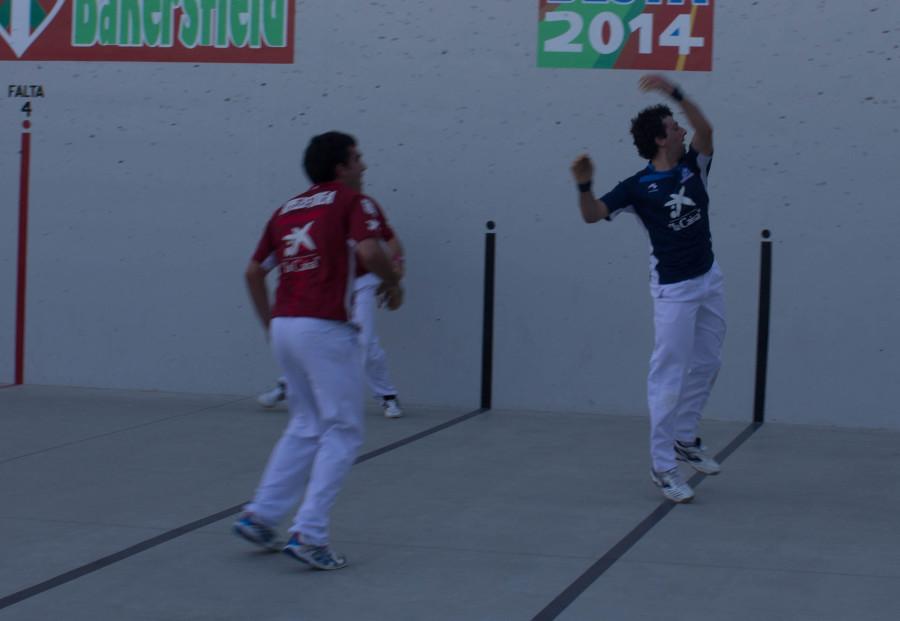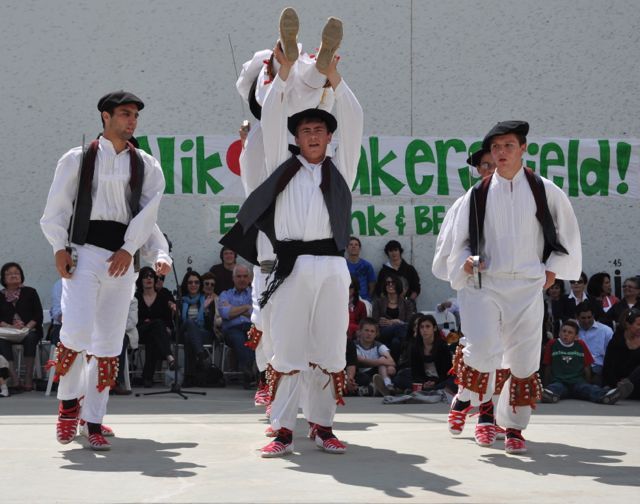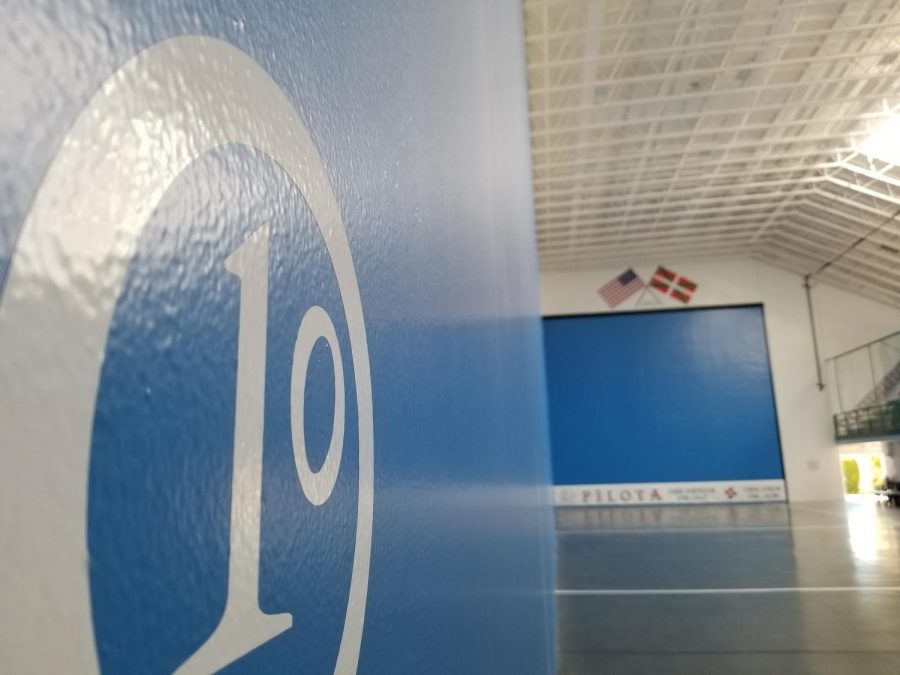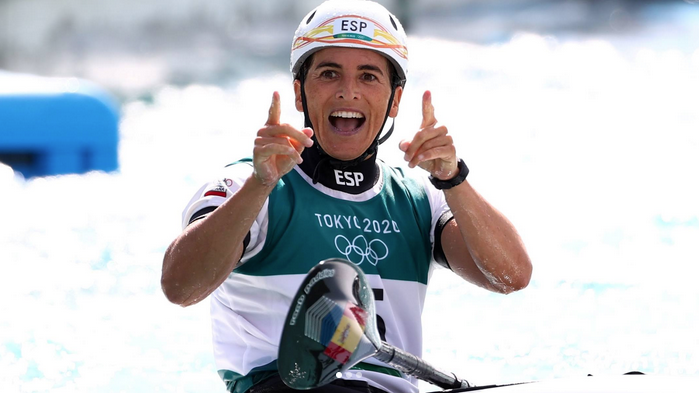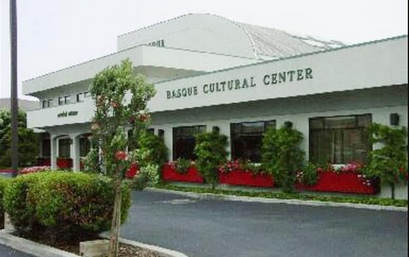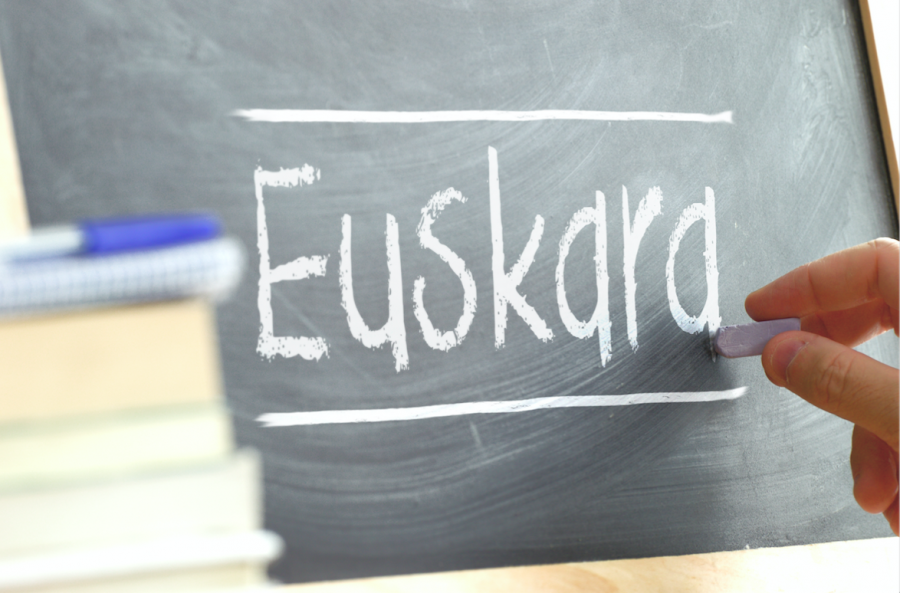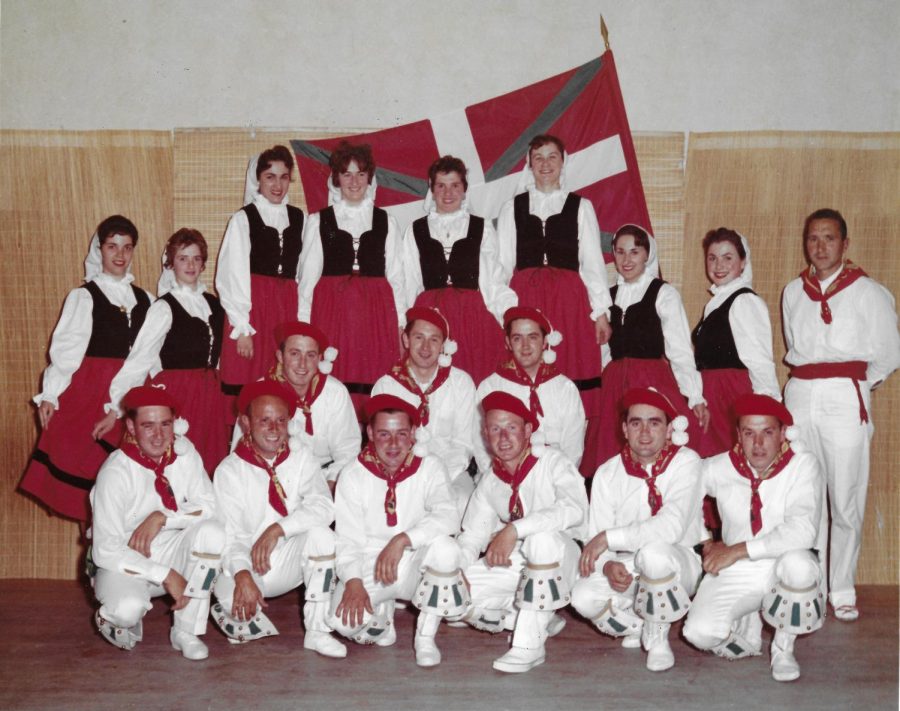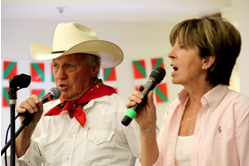Athletes from the Basque Cultural Center in South San Francisco will represent the United States in the 16th annual World Championships of Pelota.
The championship tournament, which kicks off the first week of October in Pau, France, will feature more than 500 players from 22 countries. In all, the contestants will be battling it out for world titles in 14 different pelota specialties.
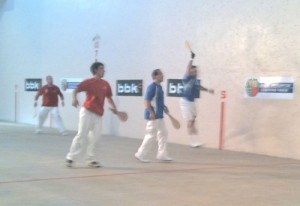
The competition will be stiff, especially against squads from the Basque Country, France and South America. But the BCC athletes have been undergoing rigorous training for months and have played weekly matches against each other at the cultural center’s indoor court.
In addition, coaches from the Basque Country came to the Bay Area to train the BCC members on Team U.S.A.
Mireille Acheritogaray, who hails from the Bay Area but now resides in the Basque Country, will be part of the U.S. women’s team. Esther Ciganda of Boise, a veteran player with international experience, is scheduled to be on the team as an alternate member. The U.S. women will be competing in paleta goma and trinquete.
Some of the BCC players are already in the Basque Country gearing up for the tournament, which is sponsored by the International Federation of Basque Pelota.
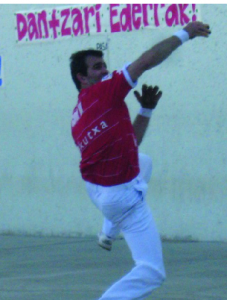
“A lot of these guys have been training for anywhere from 12 to 18 months, some of them for two years,” said Xabier Berrueta, president of the United States Federation of Pelota, an affiliate of the Basque federation.
The BCC men representing the U.S. are Christophe Alfaro, Remi Cuburu, Javier De Luz, Gratien Etchebehere Jr., John Falxa and David Indart. Also accompanying the group are team representatives Xavier Ocafrain and Aitor Berrueta.
The BCC men will be competing in traditional handball, paleta cuero and the grueling pala corta. In the latter specialty, players smack leather balls with thick wooden paddles that weigh nearly two pounds each. (In paleta cuero, which also uses leather balls, paddles are about 1-1/2 pounds each.)
“That’s pretty heavy,” said Berrueta, who has been watching the BCC athletes play and will be headed to France to monitor the tournament action.
He said the strategy of the U.S. team is part of a long-term plan to earn United States Olympic Committee certification and qualify for the handball championships next year at the Pan American Games in Guadalajara, Mexico.
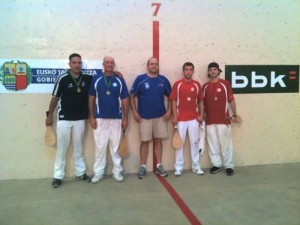
To help achieve that goal, Berrueta said, the U.S. men decided to focus solely on three of their strongest specialties and hopefully win some medals.
“Gold or silver is going to be a real hard challenge for us, but we have a chance for some bronze medals,” he said. “We feel confident with what we have.”
Pelota is akin to a national past-time in the Basque Country, where athletes compete professionally and play in tournaments across Europe. Basque immigrants helped popularize pelota in the United States and Latin America.
The International Federation of Basque Pelota was established in 1929 and is the official international governing body of the fast-paced sport.
The organization holds its world championships every four years. The previous tournament was held in Mexico.
Related Euskal Kazeta pelota reports:
Video: San Francisco Men Beat Boise in NABO 2010 Title Match
Popularizing Basque Pelota
Pelota Takes Center Stage at Jaialdi 2010
Video: Argentina Battles Venezuela in Women’s Pelota
For additional information on Pelota, see the websites of the U.S. Federation of Pelota and the International Federation of Basque Pelota.

